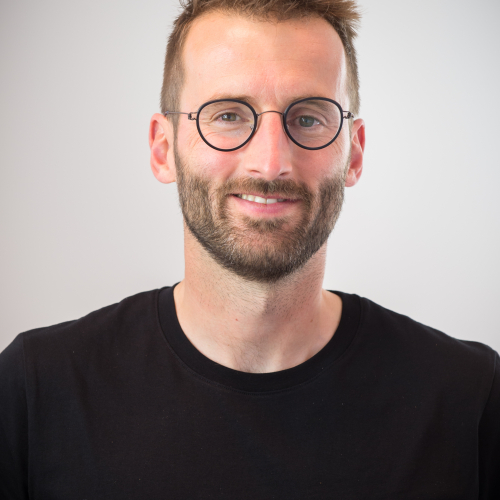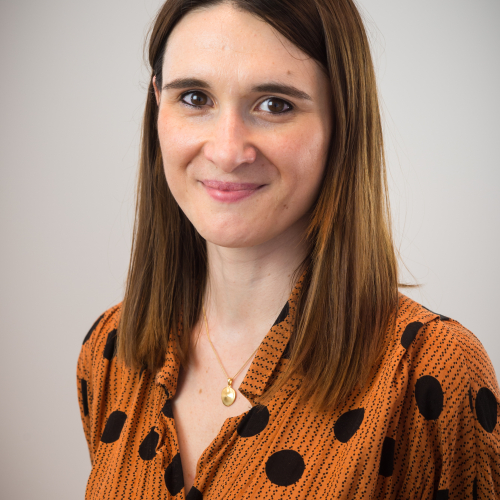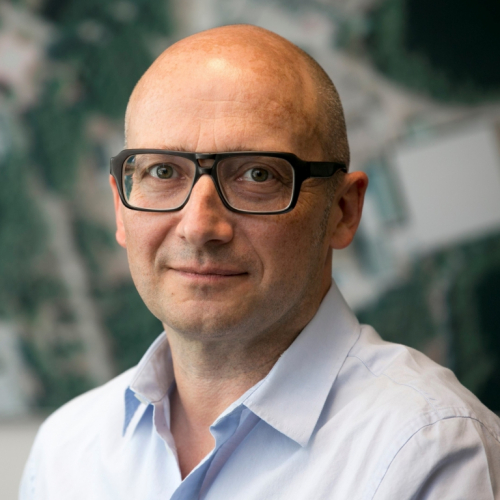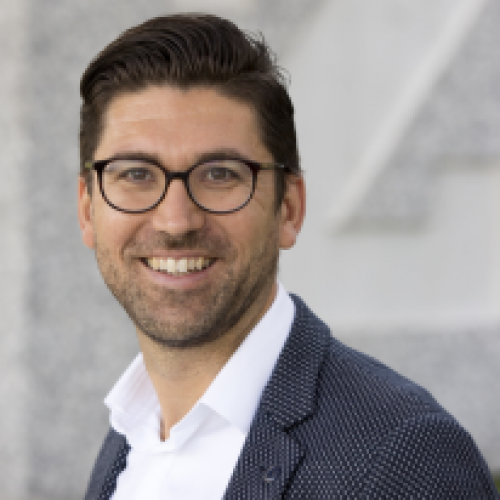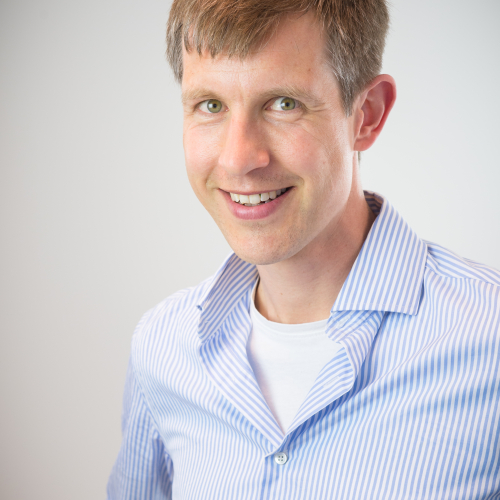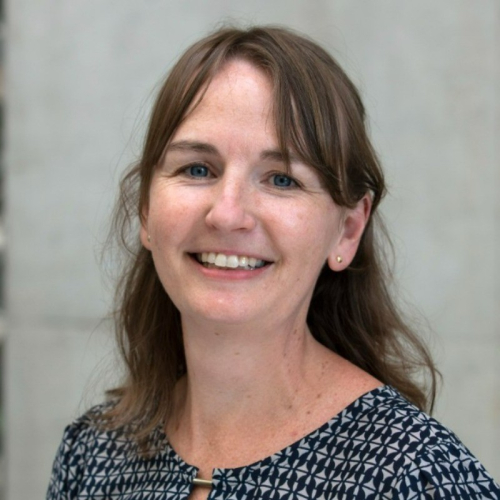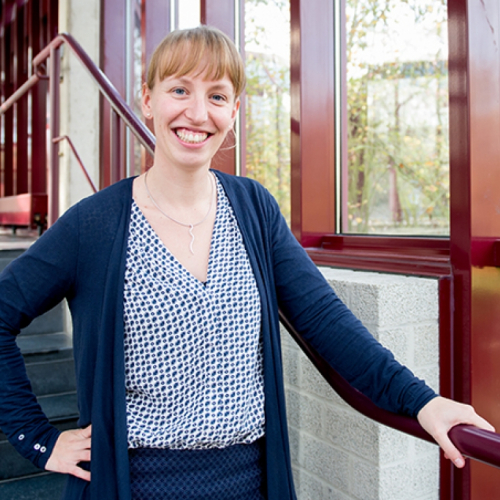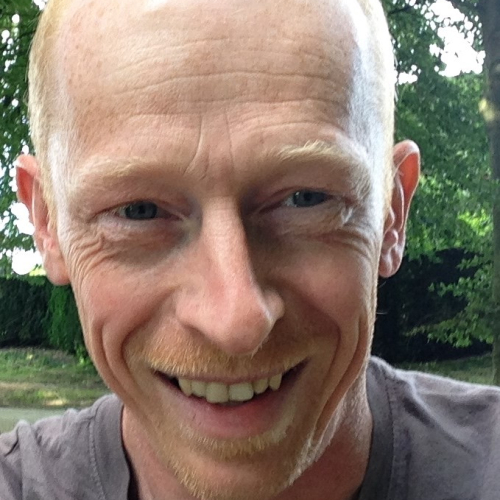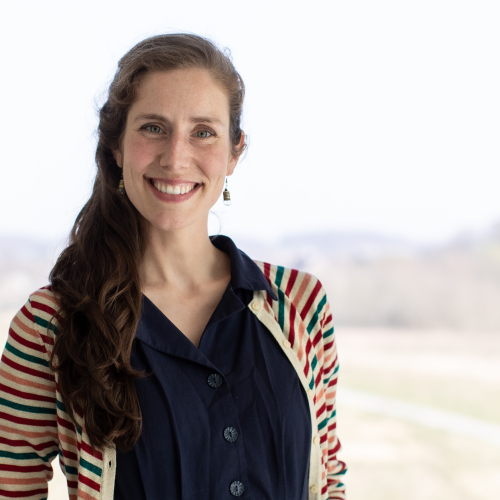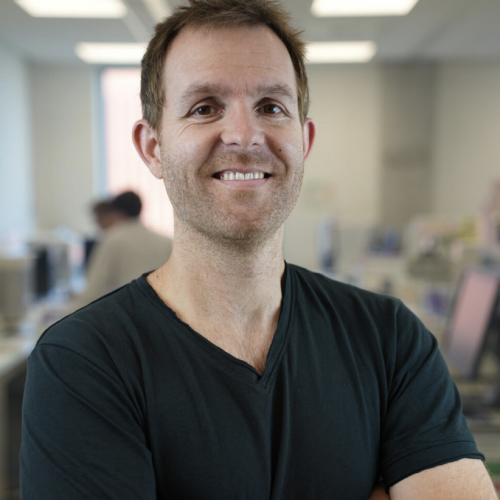Project overview
The Map-it CCU project is a VLAIO intercluster COOCK project, supported by the spearhead clusters Catalisti and FLUX50. The project was shaped within the CAPTURE community, with a blueprint based on current and future needs of Flemish companies: They require access to a structured overview and selection of feasible Carbon Capture and Utilization Technologies and value chains for their sustainability roadmaps and pursuit of becoming CO2 neutral. Under the coordination of VITO, four scientific-excellent knowledge institutes and CAPTURE partners, such as UGent, UA, VUB and VITO, collaborate in the development of this supportive tool for the Flemish industry and beyond. Map-it CCU focuses on Carbon Capture, Utilization and Storage (CCUS), as a feasible strategy to reduce the CO2 footprint of industrial activities, complementary to alternative sustainability strategies, such as electrification and the use of renewable raw materials. The overall ambition of Map-it CCU is to create impact in several sectors via multi-stakeholder value chain exploration. Its distinctive approach goes beyond evaluating CCU technologies in isolation, instead examining various scenarios across the entire value chain. By assessing the technology’s role and impact within different value chains, Map-it CCU provides a holistic, system-wide perspective that supports informed decision-making and maximizes transformative potential. For this, knowledge on CCUS technologies and value chains should be collected, centralized, translated and disseminated in a structured way. This was done via training activities, Massive Open Online Courses (MOOCs) and workshops.
Overview of the Map-it CCU deliverables
- A Decision Support Framework tool - aligns technology to site-specific conditions (link)
- A Cost Calculator - allows dynamic financial modeling (link)
- Infosheets about capture technology - collection of holistic data for over 30 technologies (link to template)
- An overview of CCUS tools and resources - comprehensive overview of several key digital tools and resources developed to support stakeholders involved in CCUS planning, evaluation and implementation. (link)
Massive Open Online Course (MOOC) on CCU Technologies (link)
Aim of the decision support framework
The decision support framework is a practical tool designed to help organizations identify and shortlist carbon capture technologies that best fit their needs. Through a simple, user-friendly questionnaire, users can input basic technical characteristics of their CO₂ stream, such as concentration, temperature, and pressure. Based on these inputs, the tool generates a ranked list of technologies that most closely align with the specified parameters. In the case of ties, options are listed alphabetically. While the tool does not prescribe a “best” technology, it serves as an accessible starting point, particularly useful when time or resources are limited. Higher-ranked options may be worth exploring first. To support further evaluation, each technology is accompanied by a detailed factsheet that includes: a concise description; key technical specifications; an indicative cost range. In addition to capture technologies, the framework also features factsheets on CO₂ purification and conditioning options, as well as a curated set of reports exploring CO₂ conversion pathways. Altogether, this tool aims to support informed, context-specific decisions for CO₂ management across diverse applications.
Discover the MOOC on Carbon Capture & Utilization (CCU)
For those interested in deepening their understanding of carbon capture and related technologies, additional educational resources are available through the CAPTURE Academy. A MOOC (Massive Open Online Course) on Carbon Capture and Utilization Technologies has been developed during the project. It consists of self-paced modules that provide in-depth and accessible insights into the entire CCU value chain—including CO₂ capture, purification, conditioning, and conversion techniques. The course serves as a valuable companion to the decision support tool, helping users gain the technical and contextual understanding needed to evaluate and implement carbon management strategies effectively. You’ll learn from a diverse team of renowned professors, experienced researchers, and industry pioneers, whose expertise spans chemistry, engineering, policy, and innovation; making the program both academically robust and practically relevant.
What can you expect from the course?
- Free & online
- Quick & practical: Each module takes 4–5 hours to complete, offering a crash course on specific CCU technologies.
- Broadly accessible: Designed for students, researchers, industry professionals, sales teams, and more. It's ideal for onboarding, in-house training, or classroom use. (Note: some modules may require basic scientific knowledge.)Flexible learning:
- Study at your own pace—start, pause, and resume whenever it suits your schedule.
Contact:
For further exploration and to connect with the right stakeholders, please contact info@capture-resources.be


